SUMMARY
This is AI generated summarization, which may have errors. For context, always refer to the full article.
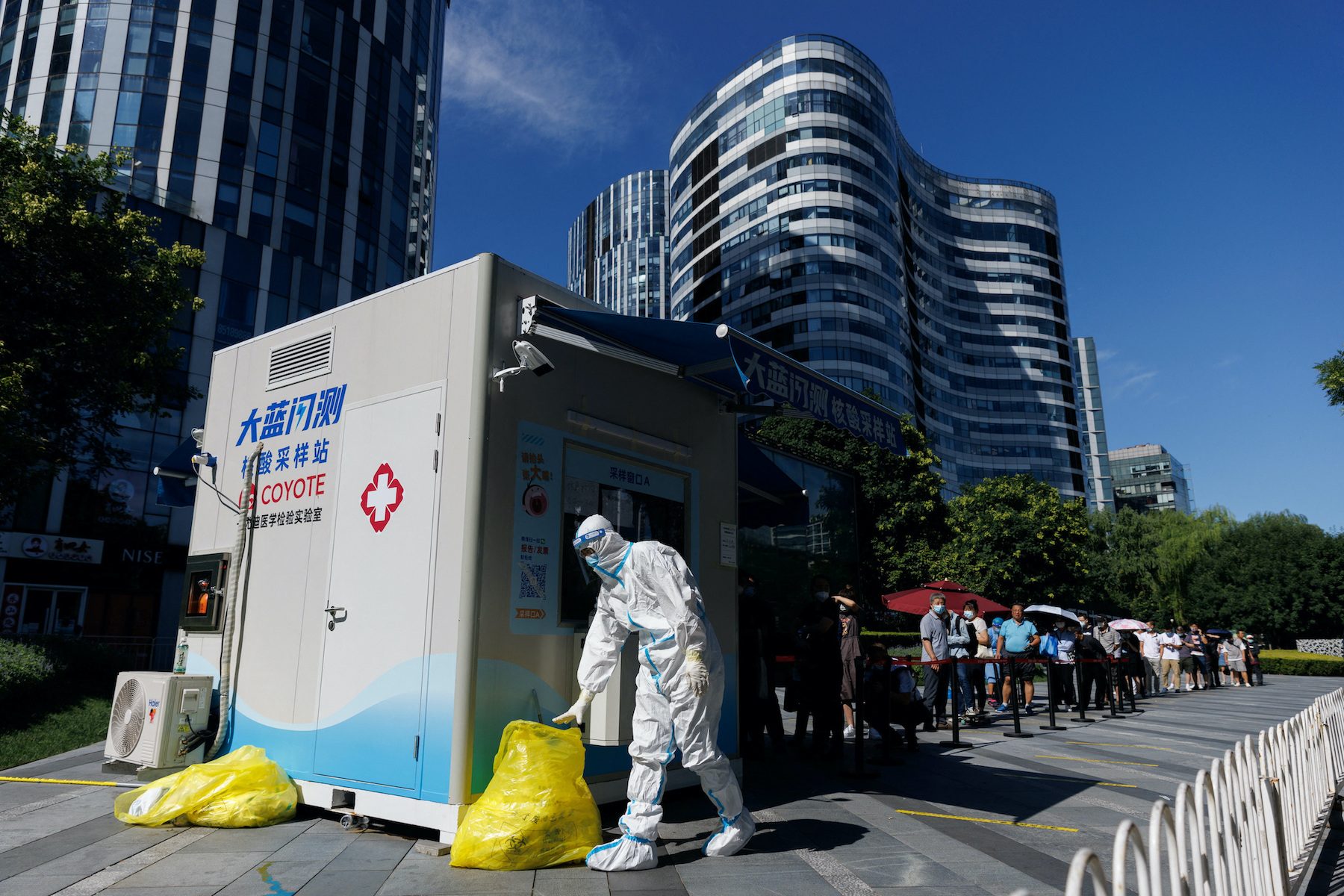
BEIJING, China – China has been tweaking its stringent COVID-19 curbs but shows no sign of backing off from its “dynamic zero” policy, and has lagged in vaccination efforts that would enable it to do so, casting a heavy shadow over the world’s second largest economy.
The absence of a road map out of zero-COVID and expectations that it will persist well into 2023 leaves residents and businesses facing a prolonged period of uncertainty.
Recent scattered COVID-19 flare-ups, the imposition of lockdowns in some cities, and the arrival of the highly contagious BA.5 variant have added to those worries.
On Friday, July 15, China is expected to report that gross domestic product (GDP) grew just 1% in the second quarter, with full-year growth forecast at 4%, according to a Reuters poll – far short of Beijing’s official target of around 5.5% for 2022.
In addition to a sharp lockdown-induced slowdown, growth has been weighed down by a sputtering property market and an uncertain global outlook.
This week, Shanghai’s 25 million people were subject to more mandatory city-wide testing, and fear of tougher measures or getting caught up in China’s zero-COVID bureaucracy continues to exact an economic toll, including on consumption and jobs.
Nomura estimated 31 cities were implementing full or partial lockdowns as of Monday, July 11, affecting nearly 250 million people in regions accounting for a quarter of China’s GDP.
As the rest of the world tries to coexist with COVID-19, China points to the lives saved by its tough measures. President Xi Jinping has touted it as an advantage of China’s governance system.
Critics say China is hamstrung by the success of an approach that is obsolete now that vaccines have made COVID-19 far less deadly.
China’s self-isolation also has long-term economic implications.
“The rest of the world is reopening and the zero COVID policy in China will probably drive export orders and production to other countries during the supply-chain normalization,” Ken Cheung, chief Asian FX strategist at Mizuho, wrote on Wednesday, July 13.
Businesses have described how they have been badly hurt and find it hard to plan given the possibility of abrupt lockdowns, while international business groups have been especially vocal about the costs of zero-COVID, with members warning of plans to invest elsewhere.
“The world is not going to wait for China to improve her herd immunity,” said Joerg Wuttke, president of the EU Chamber of Commerce.
Herd immunity
While China has been spared the ravages of widespread infections and deaths, it therefore lacks herd immunity, with its vast elderly population especially exposed.
However, China has refrained from aggressive vaccination efforts. Last week, the city of Beijing quickly reversed a planned vaccine mandate for entry to crowded places after strong online backlash.
China also has not approved the import of more effective vaccines using mRNA technology or fully developed its own.
“The curbs can only be lifted after the country has finished vaccinating the elderly. This might not be before fall 2023,” said Wuttke, who has suggested to Premier Li Keqiang that China set up vaccination tents next to its now-ubiquitous testing kiosks.
China has vaccinated nearly 90% of its 1.41 billion population and given around 56% of its population a booster shot. Still, 30 million Chinese elderly are unvaccinated.
Zhang Zuofeng, a UCLA professor of epidemiology, said a lack of data on the safety of China’s vaccines or their effectiveness against Omicron has undermined government and public confidence in them.
“Had China had confidence in its vaccines, with high vaccination rates among Chinese people, it would have already moved from focusing on eliminating COVID infections to mitigation of serious illnesses and deaths,” he said.
Softening edges
To be sure, China has become increasingly surgical in managing COVID-19, and few expect a repeat of Shanghai’s two-month lockdown nightmare.
It is trying to soften the edges of a zero-COVID approach that is grating on a population frustrated by the sluggish economy – youth unemployment is at a record 18.4% – and the third year of the pandemic, with no end in sight.
Beijing has warned local officials against needlessly arbitrary enforcement. More refined measures also decrease the likelihood of massive global supply chain disruptions like those caused by lockdowns in April and May, economists say.
Among other recent moves, China slashed centralized quarantine times for inbound travelers to seven days. Domestically, it has reduced scrutiny of recent travel history.
This week, China said local governments no longer need to test some imported goods for the coronavirus, and while chilled and frozen foods will continue to be tested, exporters will not face import suspensions if their goods test positive.
‘Final victory’
It is a tricky balance for Xi, poised to secure a precedent-breaking third leadership term later this year, who wants to avoid both a sharp rise in COVID-19 cases and deaths and an abrupt economic downturn. Either would threaten social stability.
Last month in Wuhan, where COVID-19 first emerged, Xi said the zero-COVID policy is “correct and effective,” and that temporary economic impact is preferable to loss of life.
“Xi said it very clearly…he wants to achieve final victory against COVID,” said Chen Daoyin, former associate professor at Shanghai University of Political Science and Law.
“It’s not a matter of before or after the 20th Party Congress. Any change to the zero-COVID policy, which would not be made easily, will have to depend on how the BA.5 situation pans out,” he said. – Rappler.com
Add a comment
How does this make you feel?





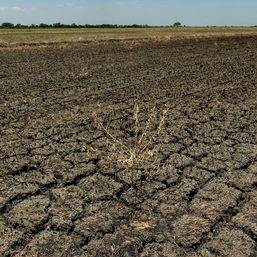
![[OPINION] A rebellion long overdue](https://www.rappler.com/tachyon/2024/06/mass-uprising-matrix-june-4-2024.jpg?resize=257%2C257&crop_strategy=attention)
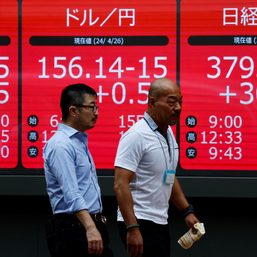
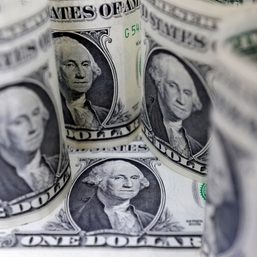
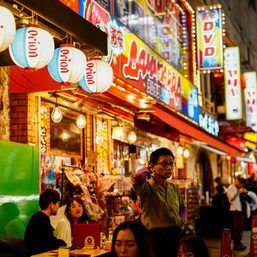
There are no comments yet. Add your comment to start the conversation.